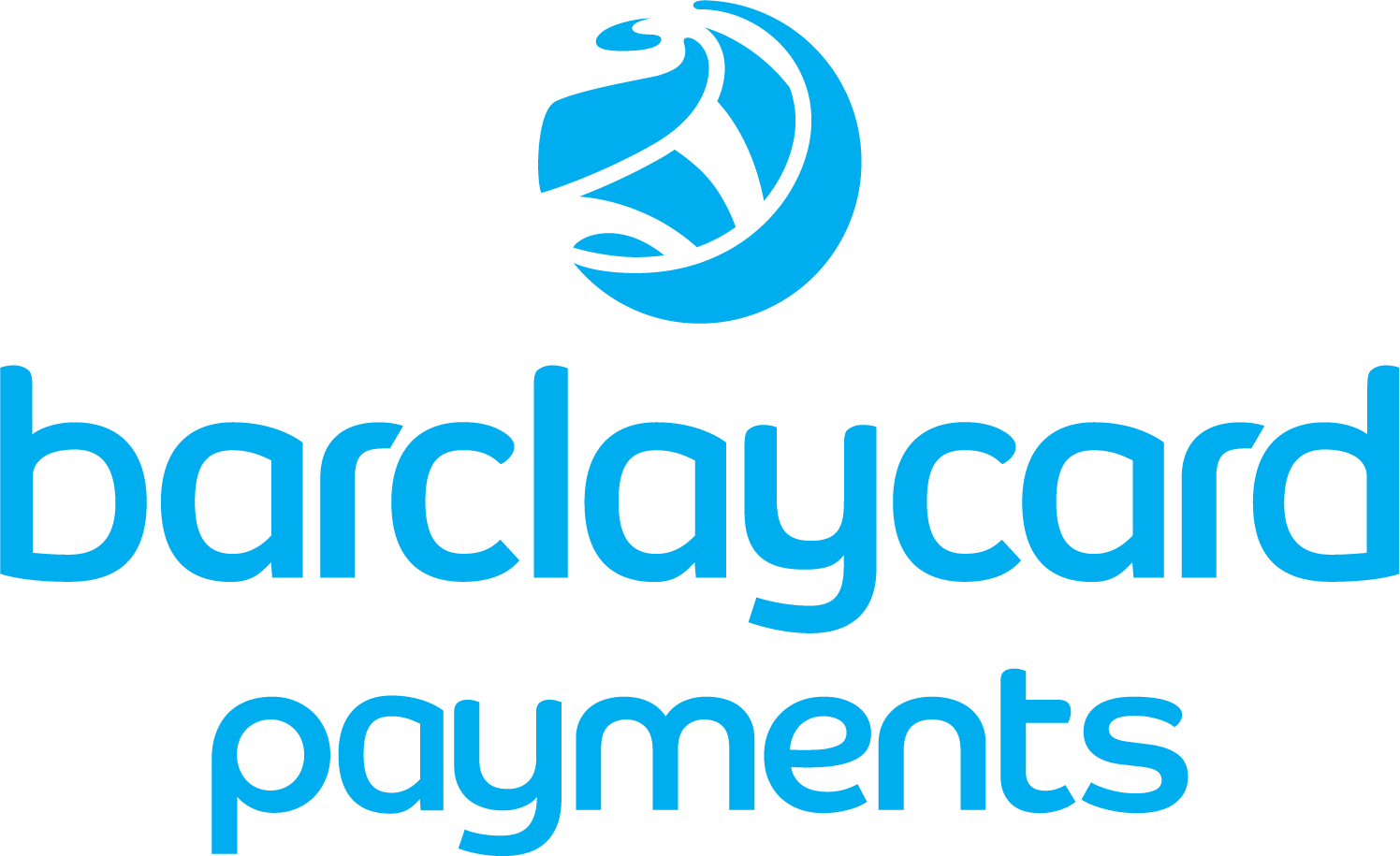- Compare Card Processing Rates from as low as 0.27%
- Keep your card processing fees to a minimum
- Direct access to 80% of the UK’s leading acquiring banks
- Make the right choice for your next UK payment provider
- Ensure your rates always remain competitive
- Seamlessly switch payment provider without a hitch






We're rated Excellent on
Understanding Merchant Services Pricing: Essential Insights & Rates
Accepting card payments is essential for businesses in today’s digital economy. To accept payments, businesses need to understand the various fees involved, such as transaction fees, payment gateway fees, and PCI compliance fees, which can impact your bottom line.
This guide breaks down merchant account fees, credit card processing fees, and hidden fees to help you choose the best payment processing provider while keeping costs low.
Introduction to Merchant Accounts
A merchant account is a specialized type of bank account that enables businesses to accept credit and debit card payments from their customers. This account is crucial for any business that wants to process card payments, as it provides a secure and reliable way to handle transactions. When a customer makes a payment using a credit or debit card, the transaction is processed through the merchant account, and the funds are subsequently transferred to the business’s bank account.
Merchant accounts are typically provided by merchant account providers, which can include banks or dedicated payment processors. These providers charge various fees for their services, including transaction fees, monthly fees, and interchange fees. Understanding these fees is essential for businesses to manage their costs effectively and ensure smooth payment processing. By carefully selecting a merchant account provider and understanding the associated fees, businesses can optimize their payment systems and improve their financial management.
What Are Merchant Services?
Merchant services enable businesses to accept credit and debit card payments through a merchant account and payment processor. These services include:
-
Payment gateways (for online transactions)
-
Card terminals (for in-person sales)
-
Fraud prevention tools
-
Chargeback management
When accepting payments, businesses must consider various costs, including transaction fees and other related expenses. These fees can vary based on factors such as industry type and transaction volume, impacting overall financial performance.
Every time a customer pays by card, multiple parties (banks, card networks, and merchant account providers) charge fees. Understanding these costs helps you reduce merchant account fees and optimise payment processing services.
Key Components of Merchant Services Pricing
1. Interchange Fees
Interchange fees are set by credit card companies (Visa, Mastercard, American Express) and paid to the card-issuing bank. These fees vary based on:
-
Card type (credit, debit, corporate, rewards cards)
-
Transaction method (online, in-person, keyed-in)
-
Business industry (higher-risk sectors often face higher fees)
Interchange fees typically range from 0.2% to 2.5% per card transaction, plus a small fixed amount (e.g., £0.10). Credit card transactions incur various fees, such as interchange and assessment fees, which ultimately affect the overall cost of payment processing for businesses.
2. Assessment Fees
Assessment fees are charged by card networks (Visa, Mastercard) and are usually a small fixed percentage (around 0.11% to 0.15%) of each transaction.
3. Processor Markup (Payment Processor Fees)
Your payment processing provider adds its own processor fees, which may include:
-
Per transaction fee (e.g., £0.10 – £0.30 per sale)
-
Fixed percentage markup (e.g., 0.5% – 1.5%)
-
Monthly fees (for account maintenance)
Some providers offer flat fee pricing, while others use tiered pricing, which can lead to higher processing fees. Additionally, additional fees for advanced security measures or maintaining PCI compliance can significantly impact overall costs.
Common Merchant Services Fees Explained
Understanding the various fees associated with merchant services is crucial for effective budgeting and pricing strategies. This is especially important as businesses increasingly need to accept cashless payments due to declining cash transactions. Additionally, card not present transactions, such as online sales or phone orders, typically incur higher fees. These fees have significantly increased for merchants, particularly in the context of UK and EU interactions due to changes in regulations. For businesses interested in obtaining competitive quotes for card payment processing, Independent Merchant Services offers a free and transparent service to find the best rates and terms.
|
Fee Type |
Description |
Typical Cost |
|---|---|---|
|
Setup Fee |
One-time charge to establish your merchant account |
£0 – £200 |
|
Monthly Fees |
Recurring charge for account maintenance |
£5 – £30 |
|
Minimum Monthly Service Charge |
If your processing fees don’t meet a threshold, you pay the difference |
£10 – £25 |
|
Payment Gateway Fee |
Cost for using an online payment gateway |
£10 – £50/month |
|
PCI Compliance Fee |
Fee for maintaining secure card payment standards |
£5 – £20/month |
|
Chargeback Fee |
Penalty when a customer disputes a transaction |
£10 – £25 per case |
|
Early Termination Fee |
Penalty for ending your contract early |
£100 – £500 |
|
Refund Fee |
Charged when processing a customer refund |
£0.10 – £0.50 |
|
Authorisation Fee |
Fee for verifying a credit or debit card |
£0.01 – £0.10 |
|
Incidental Fees |
Miscellaneous charges (e.g., batch settlement, customer support) |
Varies |
Payment Processing
Payment processing is the series of steps involved in handling credit and debit card transactions between a business and its customers. This process includes several key stages: authorization, capture, and settlement. Authorization occurs when a customer initiates a payment, and the payment processor verifies the customer’s account information and available funds. Capture is the step where the payment processor requests the funds from the customer’s account, and settlement is when the funds are transferred to the business’s bank account.
Each of these steps incurs specific fees, such as transaction fees and interchange fees, which are charged to the business for each transaction. These fees can vary depending on the payment processing provider and their fee structure. Businesses have the option to choose from various payment processing providers, each offering different services and pricing models. By understanding the payment processing steps and associated fees, businesses can select the most suitable provider and manage their payment processing costs effectively.
Hidden Costs
Hidden costs are fees that may not be immediately apparent when setting up a merchant account or payment processing system. These fees can quickly add up and impact a business’s bottom line. Common hidden costs include payment gateway fees, setup fees, and monthly service fees. For instance, payment gateway fees are charged for using an online payment gateway to process transactions, while setup fees are one-time charges for establishing a merchant account.
Other hidden costs can include chargeback fees, which are incurred when a customer disputes a transaction, and interchange fees, which are charged by credit card companies for processing transactions. To avoid being caught off guard by these fees, businesses should thoroughly review their merchant account agreements and payment processing contracts. By carefully selecting their payment processing providers and negotiating fees whenever possible, businesses can minimize hidden costs and better manage their expenses.
How to Reduce Merchant Services Fees
1. Negotiate with Merchant Account Providers
-
Compare merchant account fees across providers.
-
Ask for lower transaction fees or waived monthly fees.
-
Negotiate the various types of fees that payment processors charge, including transaction-based fees, monthly charges, and incidental fees.
2. Opt for Interchange-Plus Pricing
This transparent model separates interchange and assessment fees from the processor’s markup, helping you avoid hidden fees. Each transaction is categorized based on the type of card used and the transaction method, with each category having its own fee structure.
3. Avoid Long-Term Contracts with Early Termination Fees
Some merchant account providers charge hefty penalties for cancelling early. Look for flexible agreements. Additionally, consider scheduled fees, such as monthly or annual fees, which can be part of long-term contracts and should be factored in when choosing a provider.
4. Minimise Chargebacks
-
Improve customer service.
-
Use fraud detection tools.
5. Maintain PCI Compliance
Avoid non-compliance penalties by following security best practices.
Common Mistakes to Avoid
When setting up and managing merchant accounts and payment processing systems, businesses can make several common mistakes that lead to unexpected fees and charges. One frequent mistake is not thoroughly reviewing the terms and conditions of the merchant account agreement, which can result in unforeseen costs. Another mistake is not fully understanding the different types of fees associated with merchant accounts, such as transaction fees, interchange fees, and monthly fees.
Additionally, businesses often fail to monitor their accounts regularly, which can lead to unnoticed charges and fees. Selecting the wrong payment processing provider can also be a costly mistake, as some providers may have higher fees or less favorable terms. By avoiding these common pitfalls, businesses can reduce their merchant account fees and enhance their overall payment processing experience. Regularly reviewing account statements and comparing different providers can help businesses make informed decisions and avoid unnecessary expenses.
Merchant Account Security
Merchant account security is crucial for protecting sensitive customer information and preventing fraudulent transactions. Merchant account providers typically implement security measures such as encryption and tokenization to safeguard customer data. Businesses can also enhance their security by adopting secure payment processing protocols and regularly monitoring their accounts for suspicious activity.
PCI compliance is a vital aspect of merchant account security, ensuring that businesses adhere to industry standards for protecting sensitive customer information. By prioritizing merchant account security, businesses can reduce the risk of data breaches and fraudulent transactions, thereby protecting their customers’ sensitive information. Implementing robust security measures and maintaining PCI compliance not only safeguards customer data but also builds trust and confidence in the business’s payment processing systems.
Choosing the Right Payment Processing Provider
When comparing merchant service providers, consider:
✅ Pricing structure (flat fee vs. tiered pricing) ✅ Contract terms (watch for early termination fees) ✅ Customer support ✅ Integration options (POS systems, online payment gateways) ✅ Understanding payment processing fees and how they impact overall costs
Popular UK providers include:
-
Stripe (low setup fee, transparent pricing)
-
Worldpay (suitable for high-volume businesses)
-
Square (simple per transaction fee structure)
Credit card networks impose specific charges, such as processing integrity fees and assessment fees, based on compliance with their rules and the nature of the transaction.
Debit cards typically incur lower fees compared to credit cards, influencing a business’s payment strategies and operational costs.
Final Thoughts
Understanding merchant services pricing helps businesses reduce processing costs and choose the best payment method for their needs. By comparing merchant account providers, negotiating fees, and avoiding unnecessary charges (like minimum monthly service charges or incidental fees), you can optimise payment processing for your business. Additionally, understanding the costs and strategies associated with processing payments is crucial to optimize financial performance.
For more insights on credit card processing, debit card transactions, and card processing fees, explore our financial guides or compare merchant services fees today!
Key Takeaways
-
Interchange and assessment fees are non-negotiable but vary by card type.
-
Processor markup is where you can save—opt for interchange-plus pricing.
-
Watch out for hidden fees like PCI compliance fees and early termination fees.
-
Compare payment processing providers to find the best rates for card transactions.
-
Understand various fees associated with processing credit card transactions, including interchange fees, assessment fees, and processor fees. Learn how to reduce credit card transaction fees to avoid overpayment.
By staying informed, you can accept card payments efficiently while keeping credit card merchant fees under control.
